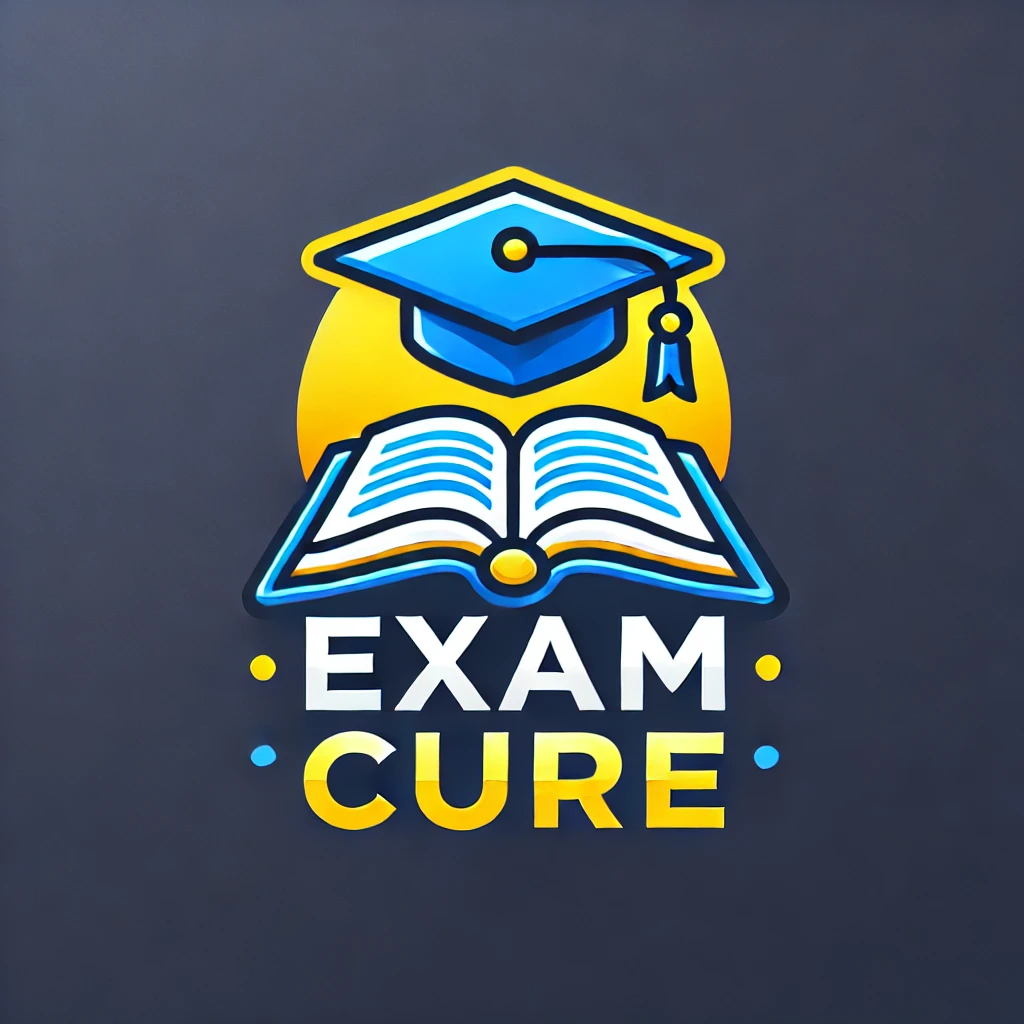Medical Laboratory Technician MCQs Bank – 2025 Edition
Ace your medical lab technician licensing exam with our all-in-one MCQ bank. Includes updated 2025 questions across microbiology, hematology, biochemistry, and specimen handling.
✅ Fully updated for DHA, SCFHS, QCHP, MOHAP, OMSB
✅ Includes 450+ MCQs with clinical relevance
✅ Real-world lab workflow, errors, and QA questions
✅ Study at your pace + track your progress
💳 AED 257 – Pay in 4 via Tabby. Enroll now.
💰 Pricing
We extend access until you pass.
If you don’t pass the Exam, we’ll continue your access beyond 6 months at no extra cost.
📩 WhatsApp us to activate your extended access.
🔐 6-Month Full Access
$69.99 (≈ AED 257)
One-time payment for 6 months of unlimited access to:
-
MCQs
-
Full explanations
-
Mock test simulations
💳 Flexible Payment Options
Via Tabby (4 Installments)
Pay in 4 interest-free installments via Tabby
(Available in UAE, Saudi Arabia, Kuwait, Bahrain)
📩 WhatsApp us to get your Tabby payment link.
Instant Web Checkout (2 Installments)
Split payment in 2 monthly parts using credit/debit card – no WhatsApp needed.
Course contents
Medical Laboratory Technician DHA Prometric Exam Overview
How many hours is the Medical Laboratory Technician Exam?
How many questions is the Medical Laboratory Technician Exam?
What topics are covered on the Medical Laboratory Technician DHA prometric Exam?
More About the Medical Laboratory Technician DHA Prometric Exam
Medical Laboratory Technician Prometric Exam
Duration: 3 Hours
Number of Questions: 150
Exam Code: LAB5601
Fee: USD 240
Pass Score: 45%
Exam Coverage
Safety and Quality Control
Focus Areas: Laboratory safety practices, quality assurance, and control measures.
Key Concepts:
Proper handling and disposal of biological and chemical waste.
Calibration, maintenance of laboratory equipment, and standard operating procedures.
Tips: Emphasize on safety protocols and quality management systems used in labs.
Bacteriology
Focus Areas: Identification and cultivation of bacterial pathogens.
Key Concepts:
Bacterial morphology, staining techniques (e.g., Gram staining), and culture methods.
Antibiotic sensitivity testing and common bacterial infections.
Tips: Review bacterial classifications, diagnostic techniques, and relevant pathogens.
Virology
Focus Areas: Viral structure, classification, and laboratory diagnosis.
Key Concepts:
Viral replication, specimen collection, and storage for viral testing.
Diagnostic methods such as PCR and ELISA.
Tips: Understand the basics of virology and techniques for identifying viral infections.
Immunology
Focus Areas: Immune response and immunological testing.
Key Concepts:
Antibody-antigen reactions, types of immunity, and immunoassays.
Applications of immunology in disease diagnosis and treatment.
Tips: Emphasize on immunologic principles and diagnostic immunology techniques.
Parasitology
Focus Areas: Identification and diagnosis of parasitic infections.
Key Concepts:
Lifecycle of common parasites, specimen handling, and diagnostic methods.
Microscopic examination techniques and common parasitic diseases.
Tips: Focus on diagnostic identification and prevention of parasitic infections.
Hematology
Focus Areas: Blood cells, blood disorders, and laboratory tests.
Key Concepts:
Complete blood count (CBC), blood cell morphology, and coagulation tests.
Identification of anemias, leukemias, and other blood disorders.
Tips: Review hematologic tests and diagnostic criteria for common disorders.
Blood Bank
Focus Areas: Blood typing, crossmatching, and transfusion practices.
Key Concepts:
ABO/Rh typing, compatibility testing, and blood component preparation.
Management of transfusion reactions and donor screening.
Tips: Emphasize blood compatibility and safe transfusion practices.
Biochemistry
Focus Areas: Biochemical analysis of bodily fluids.
Key Concepts:
Blood glucose, lipid profiles, liver and kidney function tests.
Enzyme activity and biochemical markers in disease diagnosis.
Tips: Understand biochemical testing methods and clinical significance of results.
Hormones
Focus Areas: Endocrine system and hormone assays.
Key Concepts:
Hormone regulation, feedback mechanisms, and laboratory assessment of hormonal disorders.
Tips: Study common endocrine tests, such as thyroid function tests and glucose tolerance tests.
Urinalysis
Focus Areas: Analysis of urine for diagnosis of various conditions.
Key Concepts:
Physical, chemical, and microscopic analysis of urine.
Identification of abnormal findings such as protein, glucose, and cells.
Tips: Review techniques for performing and interpreting urinalysis.
Mycology
Focus Areas: Identification of fungal infections.
Key Concepts:
Morphology of fungi, fungal culture techniques, and common fungal pathogens.
Tips: Focus on laboratory diagnosis of fungal infections, including staining and culturing methods.
Immunology / Serology
Focus Areas: Immune responses and serological testing.
Key Concepts:
Techniques for detecting antibodies/antigens and diagnosing infections.
Tests such as ELISA, agglutination, and complement fixation.
Tips: Emphasize serological methods used in clinical diagnosis.
Study Recommendations
Blueprint-Based Preparation
Allocate study time according to the weight of each topic, with focus on high-yield areas such as Bacteriology, Hematology, and Blood Bank.
Core Textbooks and References
Recommended Books:
Laboratory Practice in Tropical Countries by Monica Cheesbrough.
Manual on Standard Operation Procedures by Meliyanti M. Gunatillaka.
Clinical Immunology and Serology by Christine Dorresteyn Stevens.
Henry's Clinical Diagnosis and Management by Laboratory Methods by McPherson.
Practice with Laboratory Scenarios
Familiarize yourself with laboratory case studies to apply theoretical knowledge practically, especially in handling lab specimens.
Mock Tests and Timed Practice
Take timed practice exams to improve familiarity with the question format and time management.
Review Laboratory Techniques and Protocols
Emphasize on procedures and protocols for common laboratory tests, including safety and quality control measures.
By following this outline and focusing on key concepts, you’ll be well-prepared for the Medical Laboratory Technician Prometric Exam. Good luck with your studies!

